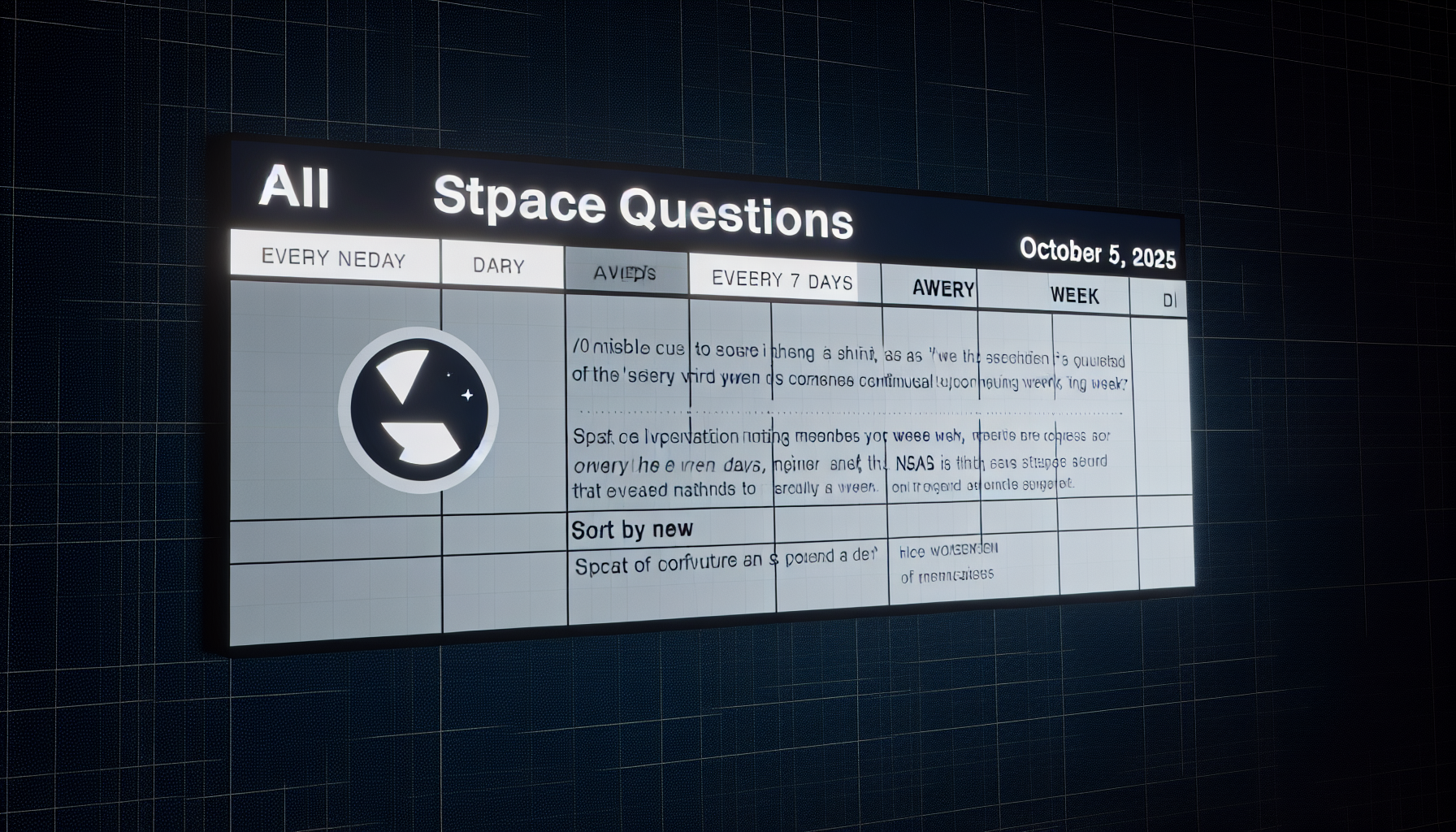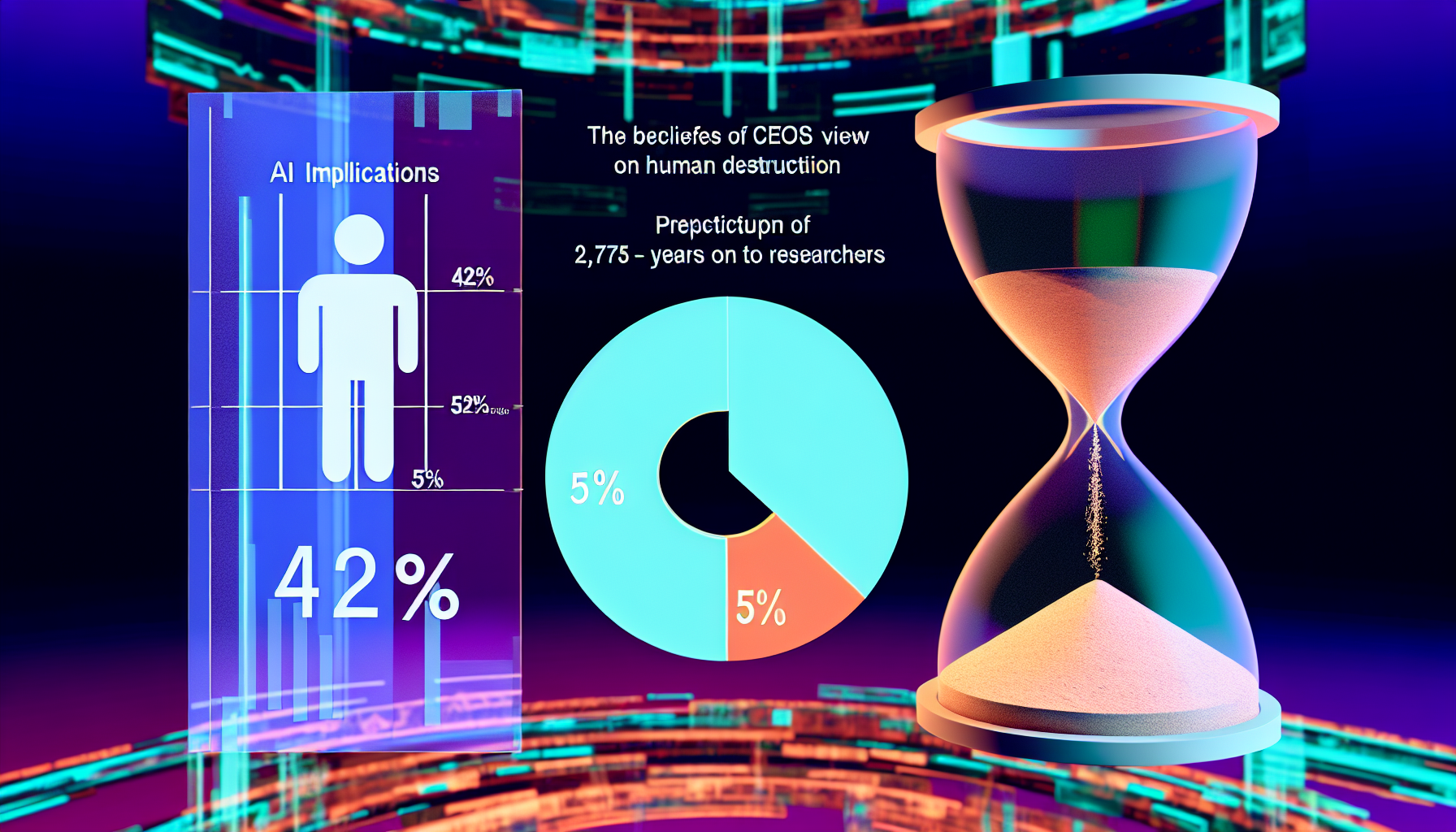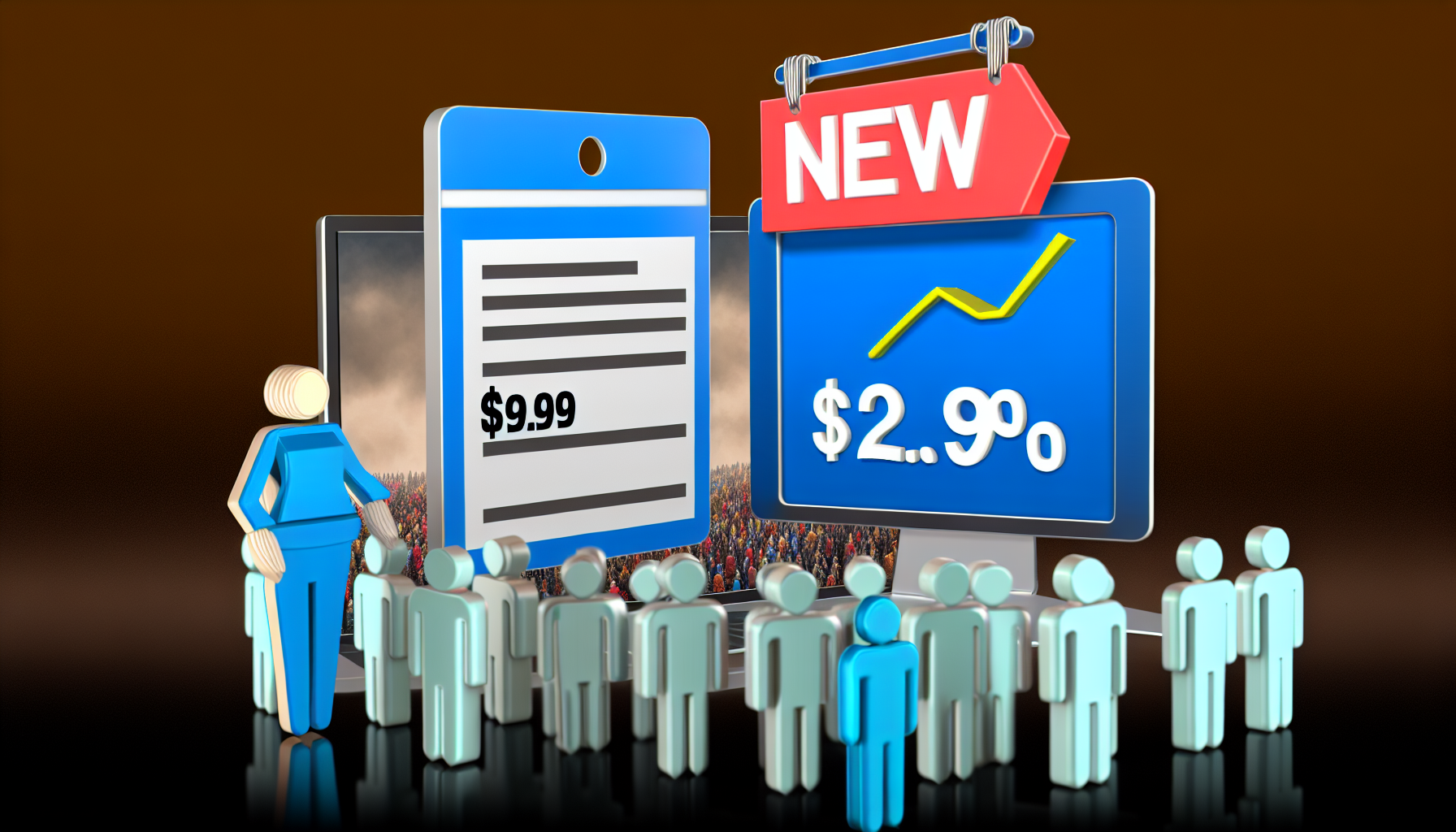Electronic Arts is in advanced talks to go private in an EA sale that could value the game maker at roughly $50 billion, with a consortium led by Silver Lake and including Saudi Arabia’s Public Investment Fund and Jared Kushner’s Affinity Partners among the reported bidders. An announcement could arrive as soon as next week, underscoring the speed and scale of one of 2025’s biggest potential deals [1].
Key Takeaways
– Shows a prospective $50 billion valuation for Electronic Arts, with an announcement possible next week, underscoring the year’s largest reported gaming transaction [1]. – Reveals more than $20 billion in debt financing arranged by JPMorgan, indicating a debt share of at least 40% of total transaction funding [2]. – Demonstrates a swift market response: EA shares jumped about 15% after reports of a near-term buyout, signaling strong investor expectations for a premium [3]. – Indicates stock hit record levels and a near-term game release, Battlefield 6 on October 10, could bolster revenue momentum into closing [4]. – Suggests the EA sale could rank among the largest LBOs ever; consortium interest spans Silver Lake, Saudi PIF, and Affinity Partners [5].
What the $50 billion EA sale would look like
At a roughly $50 billion take-private price tag, the EA sale would immediately join the upper tier of global leveraged buyouts by equity value. Reporting indicates an accelerated timeline, with a public confirmation potentially arriving in days rather than months, an unusually brisk cadence for a transaction of this magnitude [1].
Debt would likely be a core pillar of the financing stack. JPMorgan is said to be arranging more than $20 billion in debt, implying that at least 40% of the transaction’s consideration could be funded with leverage—before factoring in any existing balance sheet cash or debt. That leaves roughly $30 billion or more to be covered by equity from the buyer group and co-investors, subject to final structure and any rollover from existing shareholders or management participation [2].
If financing costs remain elevated, sponsors may prioritize cash flow resilience and predictable franchises. EA’s evergreen live-service titles, sports licenses, and digital distribution could become central to the underwriting case. The valuation premium implied by a $50 billion takeout would likely hinge on the durability of recurring revenue, the monetization cadence of flagship sports titles, and pipeline contributions from major releases.
Who’s backing the EA sale and why it matters
The investor roster reported for the EA sale includes technology-focused private equity firm Silver Lake, Saudi Arabia’s Public Investment Fund, and Jared Kushner’s Affinity Partners, signaling deep-pocketed backers across sovereign, institutional, and sponsor capital. In aggregate, that mix suggests ample equity firepower and a willingness to engage with scale technology-media assets at a moment when public-to-private activity is rebounding.
Some coverage has framed the prospective transaction as potentially the largest leveraged buyout ever, depending on measurement, while others cast it as among the largest on record. Either way, the buyer mix and size underscore significant appetite for premium gaming assets, IP libraries, and global digital entertainment reach. A consortium approach could also diversify risk, matching long-duration sovereign capital with sponsor expertise in operational value creation and platform roll-ups [5].
Market reaction and earnings leverage behind the EA sale
Public markets reacted swiftly. EA shares jumped about 15% after the reports, indicating investor expectations for a meaningful takeout premium and heightened odds of a definitive agreement in the near term [3].
Analysts note that EA’s calendar is not empty. Coverage highlighted that the stock surged to record levels and pointed to Battlefield 6, scheduled for October 10, as a near-term catalyst that could support revenue momentum into closing and bolster confidence in forward cash flows. A stronger release slate typically supports underwriting assumptions on unit economics, live-service monetization, and post-launch engagement metrics that matter for debt service capacity in an LBO model [4].
A higher share price, however, can complicate the math if it forces an increase in the equity check or reduces room for post-close investment. Sponsors often balance purchase price discipline with strategic comfort about pipeline depth, live ops retention curves, and annualized net bookings—each of which can mitigate financing risk.
Regulatory, geopolitical, and financing risks to the EA sale
A $50 billion go-private does not clear simply on financing alone. A multi-sponsor, cross-border buyer group anchored by a Gulf sovereign fund could draw geopolitical and governance scrutiny in the United States and Europe. Regulators may examine data security protocols, board composition, and any potential influence on content moderation or live-service community policies.
Financing markets also matter. While more than $20 billion in debt has been reported as arranged, final terms will depend on syndication depth, spreads, and investor appetite across secured loans and high-yield bonds. If rates widen during syndication, sponsors may adjust the mix of term loans, notes, and private credit tranches to preserve coverage ratios. Conversely, a successful syndication at tighter pricing could improve deal economics, enabling higher investment in studios, marketing, or cross-platform online infrastructure post-close.
Given the scale, deal terms could include covenants emphasizing deleveraging paths via cash flow priorities, potential asset sales, or earn-out structures around growth initiatives. Clarity on antitrust, national security review thresholds, and any mitigation agreements would help the market size timing risk.
How the EA sale could reshape gaming consolidation
A completed EA sale at $50 billion would reverberate across gaming and interactive entertainment. It would signal that private markets remain prepared to underwrite household-name publishers at double-digit billions, even amid tighter credit conditions. That could embolden sponsors and strategic buyers to revisit shelved processes, spurring a new wave of consolidation focused on IP-rich assets with proven live-service monetization.
For platform holders and rival publishers, a private EA could be more agile in capital allocation, reorganizations, or multi-year bets that are harder to justify under quarterly scrutiny. A sponsor-driven roadmap might emphasize margin expansion, centralized technology stacks for engine and backend services, and focused M&A to fill genre gaps. Conversely, the shift could compress negotiating leverage for smaller studios and intensify bidding wars for hit franchises and studio leadership talent.
What’s next on the EA sale timeline
On timing, reporting suggests a potential announcement as soon as next week, contingent on final documentation, financing sign-offs, and governance approvals. If a definitive agreement is signed, expect a go-private pathway with standard conditions precedent, including regulatory clearances and financing availability. In parallel, debt syndication processes would scale up, while the equity consortium finalizes its capital commitments and governance framework [1].
Investors will watch for headline items: the implied premium to the prior close, per-share consideration mix (all cash vs. potential rollover), reverse break fees, and any ticking fees linked to timing. They will also look for signaling on post-close strategy—studio investments, franchise roadmaps, and live-service KPIs that sponsors will target within the first 12–24 months.
No matter the precise structure, the EA sale—at a reported $50 billion with more than $20 billion of debt, a 15% one-day stock reaction, and a deep-pocketed buyer group—has already reset expectations for how large, how fast, and how globally collaborative gaming LBOs can be. Some outlets frame the deal as potentially the largest leveraged buyout by certain measures, while others emphasize it would be among the largest in history, underscoring both its ambition and its complexity [2][5].
Sources:
[1] Reuters – Videogame maker EA in advanced talks to go private at roughly $50 billion valuation: www.reuters.com/business/electronic-arts-nears-roughly-50-billion-deal-go-private-wsj-reports-2025-09-26/” target=”_blank” rel=”nofollow noopener noreferrer”>https://www.reuters.com/business/electronic-arts-nears-roughly-50-billion-deal-go-private-wsj-reports-2025-09-26/
[2] Financial Times – Video game maker Electronic Arts nears $50bn deal to go private: www.ft.com/content/b845be9e-8f36-4dd8-885a-2eb81150a530″ target=”_blank” rel=”nofollow noopener noreferrer”>https://www.ft.com/content/b845be9e-8f36-4dd8-885a-2eb81150a530 [3] CNBC – Electronic Arts stock jumps 15% after report videogame maker is close to going private: www.cnbc.com/2025/09/26/electronic-arts-buyout.html” target=”_blank” rel=”nofollow noopener noreferrer”>https://www.cnbc.com/2025/09/26/electronic-arts-buyout.html
[4] Barron’s – Electronic Arts Stock Pops on Report Videogame Maker Is Close to Going Private: www.barrons.com/articles/electronic-arts-stock-news-29d4780c” target=”_blank” rel=”nofollow noopener noreferrer”>https://www.barrons.com/articles/electronic-arts-stock-news-29d4780c [5] TechCrunch – Electronic Arts will reportedly be acquired for $50B: https://techcrunch.com/2025/09/26/electronic-arts-will-reportedly-be-acquired-for-50b/
Image generated by DALL-E 3











Leave a Reply